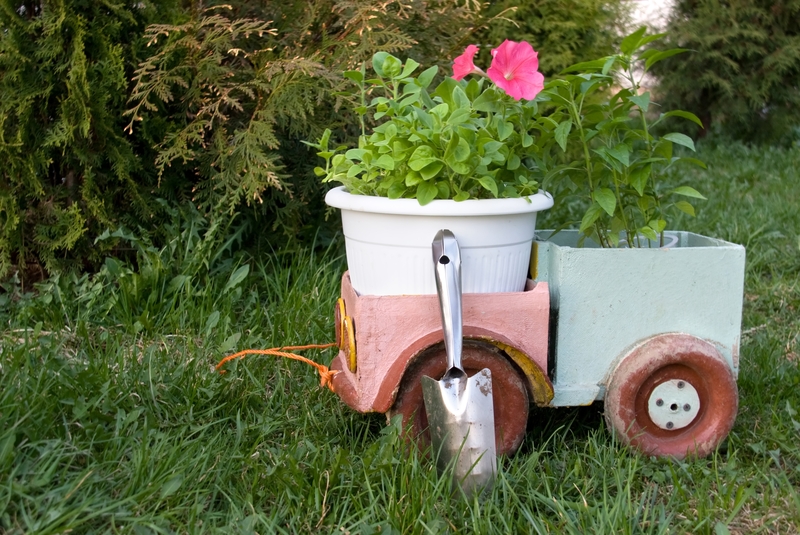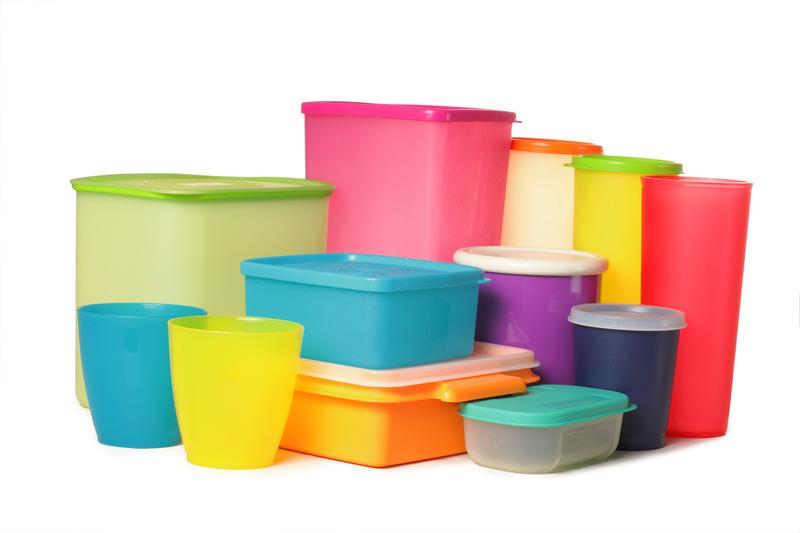Proper Disposal of Old Appliances
Disposing of old appliances can be a daunting task. Whether you are upgrading your kitchen with new stainless steel energy-efficient models or your trusty dryer has finally broken down beyond repair, responsible disposal of old appliances is crucial. This guide aims to provide you with thorough insights on the topic, including methods of safe disposal, the importance of doing so, tips, pros, cons, and key takeaways.
Why Proper Disposal Matters
Proper disposal of old appliances is not just a matter of decluttering your space; it involves serious environmental and safety concerns. Many appliances contain harmful chemicals and non-biodegradable materials that can wreak havoc on the environment if not handled correctly. Mismanagement can lead to soil contamination, water pollution, and even adverse health effects on humans and animals.

Methods of Proper Disposal
There are several ways to dispose of your old appliances responsibly:
1. Recycling Centers
Many parts of household appliances can be recycled. Metals, plastics, and sometimes even internal components like copper wiring can be processed and reused. Contact your local recycling center to see what options might be available.
2. Retailer Programs
Several retailers offer take-back programs to help customers dispose of old appliances when buying new ones. For instance, stores like Best Buy and Home Depot have programs that allow you to turn in your old appliances when you purchase new ones. These programs often ensure that the old items are disposed of or recycled properly.
3. Community Pickup Days
Many municipalities have designated bulk item pickup days where residents can dispose of large items, including appliances. Ensure that you follow any local guidelines and restrictions to keep the process smooth and compliant with regulations.
4. Donations and Resale
If your old appliances are still in working condition, consider donating them to charity organizations or reselling them. Groups like the Salvation Army or Goodwill often accept working appliances and may also handle the hauling for you. Online marketplaces like Craigslist, Facebook Marketplace, and eBay can also make it easier to find a new home for your old items.
Tips for Safe Disposal
- Check for Hazardous Materials: Before disposing of any appliance, check if it includes hazardous materials. For example, refrigerators and air conditioners contain refrigerants that must be removed by specially trained technicians.
- Clear Personal Data: Appliances like smart refrigerators and washing machines may store your personal data. Make sure to clear any stored information before disposal.
- Consult Professionals: For particularly complex or heavy items, consider hiring professionals who specialize in appliance removal and disposal. They possess the expertise and resources to handle such tasks safely.
- Certification Labels: Look for certification labels indicating whether the appliance is recyclable. Following these guidelines can make the disposal process straightforward and eco-friendly.
Pros and Cons
Pros
- Environmentally Friendly: Proper disposal helps to reduce pollution and conserves natural resources.
- Legal Compliance: Observing disposal regulations ensures you are compliant with laws and avoid potential fines.
- Space Management: Properly disposing of old appliances frees up useful space in your home.
- Potential Financial Benefits: Selling or donating old appliances can result in some financial gain or tax benefits.
Cons
- Time-Consuming: The process can be time-consuming, especially if you're handling multiple appliances or if recycling centers are far from your location.
- Cost: Hiring professionals or using retailer programs can incur additional costs.
- Coordination Required: Requires coordination, especially when arranging for community pickups or donations.

Key Takeaways
- Proper disposal of old appliances is crucial for environmental and health reasons.
- Various methods, including recycling centers, retailer programs, community pickups, and donations, can make the process easier and more responsible.
- Always check for hazardous materials and clear personal data before disposing of any appliance.
- Weigh the pros and cons to choose the best method for your situation.
Conclusion
Proper disposal of old appliances is more important than ever. With growing concerns over environmental sustainability and public health, incorporating responsible disposal methods can make a meaningful impact. By utilizing recycling programs, consulting professionals, and considering donations, you can ensure your old appliances are disposed of in a way that benefits both you and the planet. Taking these steps will help you manage your space efficiently while doing your part for the environment.
